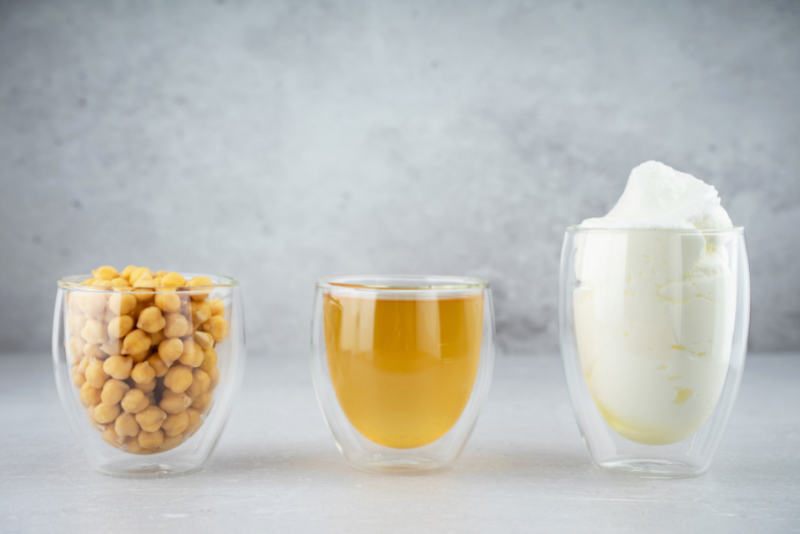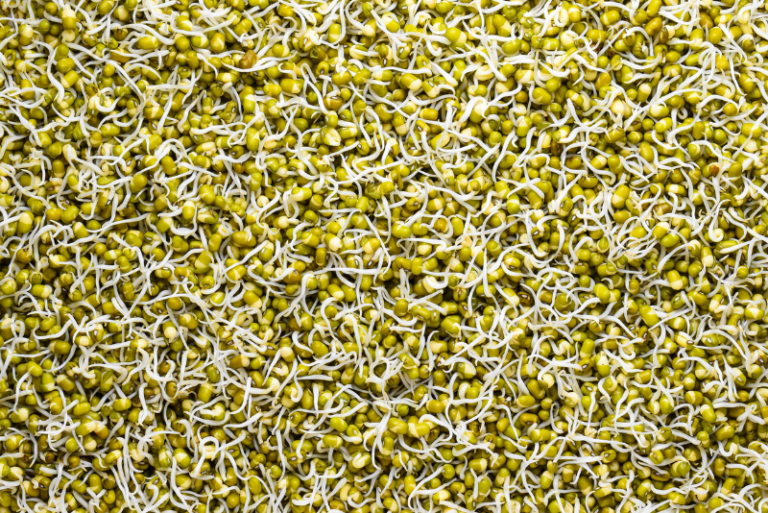Pea protein and other pulses including lentils have shown their potential in bakery applications. Due to their unique amino acid composition, pulses form complete proteins when partnered with wheat, which opens the door for “excellent source of protein” claims when using these functional ingredients in reformulating baked goods. Pulse proteins have also been found to help replace the emulsions and gels that eggs form in cookies and cakes, maintaining the texture that consumers are looking for.
Adding to the list of pros, pulses are also the cheapest source of protein on the planet pound for pound. And as production continues to ramp up for these products, they can reduce the final cost of baked goods in an environment where the price of animal-based products is often volatile or increasing.
Aside from their protein, pulses also have unique fibers which can be good replacers for eggs and dairy. Aquafaba, the wastewater from chickpeas, creates the best alternative currently available for the foaming seen in egg whites in applications such as vegan meringue and meringue powder. They also add fiber, capitalizing on the trending gut health market.
Companies like PeaTos are using blends of pulse flour and protein isolate to make high-protein and high-fiber chips. And since consumers are already comfortable with ingredients like pea protein, fava bean fiber and other functional ingredients on product labels, the pulse market in baked goods will surely increase. This high level of consumer acceptance and sustainability, and low cost of ingredients, makes pulses an important cornerstone in any plant-based product lineup.
There are options other than pulses for replacing eggs and dairy in the bakery aisle though, and seeds including quinoa, flax and chia can all be part of a plant-based strategy. Ardent Mills launched its Great Plains Quinoa program in 2017 and since then has expanded its quinoa lineup to include ingredients intended for extruded products, bars, biscuits and more. Like pulses, quinoa benefits from strong consumer acceptability, and it is a complete protein, which can help achieve “excellent source of protein” claims for new product lines.
Chia and flax seeds are both growing markets in the US and globally and, due to unique carbohydrates, have shown benefits in increasing shelf life in baked goods while also giving a boost in fiber. They can also be part of egg and dairy replacement strategies, as they have been shown to improve texture in cakes and cookies made without eggs and dairy. Flax is also high in omega-3 fatty acids, opening up the potential for market claims on what is expected to be one of the top trends in 2021 and 2022: foods that promote neurological health. Many people group them in the “superfoods” category, which includes ingredients that are particularly nutrient dense.










